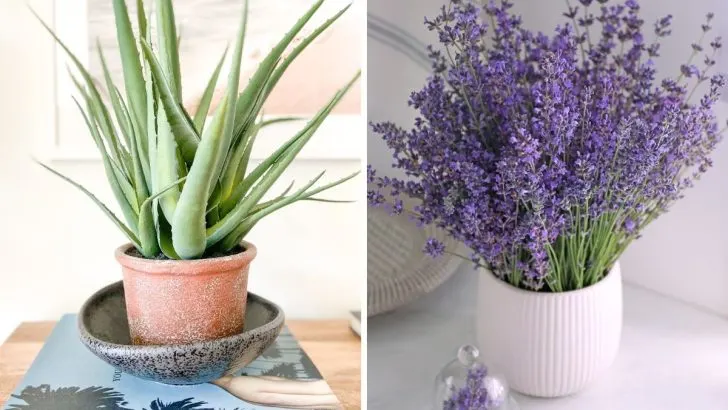Plants have always played a crucial role in our well-being, offering natural remedies right from our gardens.
Growing your own healing plants at home can be as fulfilling as it is beneficial, allowing you to access fresh, organic ingredients for your health needs.
This guide explores seven remarkable plants that not only thrive in home environments but also provide a host of healing properties. Whether you have a small windowsill or a sprawling garden, there’s a plant here for everyone.
Dive into the world of homegrown healing and discover the power of these natural wonders.
Aloe Vera
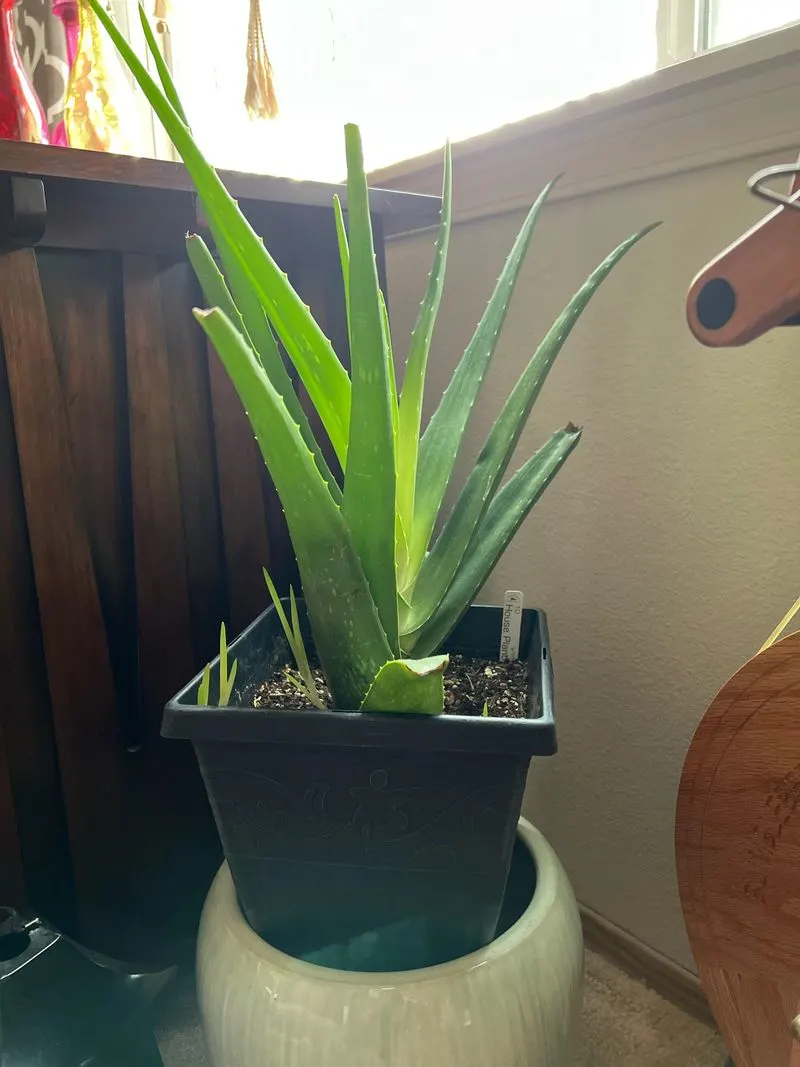
Aloe Vera is renowned for its soothing gel, perfect for treating burns, cuts, and skin irritations. Its succulent leaves, filled with a clear gel, can be harvested to provide quick relief from minor skin ailments.
Aloe Vera thrives in sunny spots and requires minimal watering, making it ideal for indoor gardening. Place it on a windowsill where it can soak up plenty of sunlight.
Beyond skin care, Aloe Vera juice is known for aiding digestion and boosting immunity. Its versatility and ease of care make it a must-have in any home garden.
Lavender
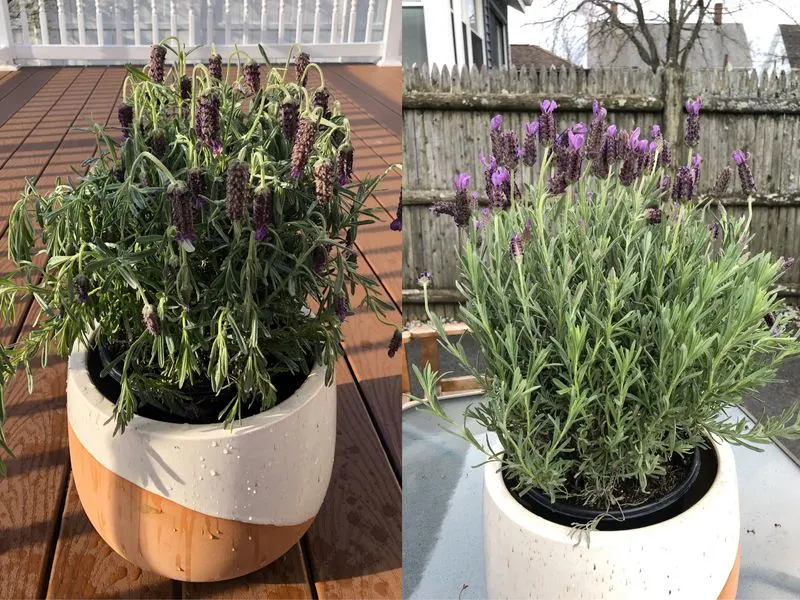
Lavender’s calming scent is more than just pleasant; it’s a natural stress reliever. Known for its purple blooms and aromatic fragrance, lavender can be used to make essential oils that promote relaxation and better sleep.
Growing lavender at home is simple, requiring sun and well-drained soil. It can be used in sachets or added to bath water for a soothing experience.
Besides its mental health benefits, lavender is also an effective insect repellent, making it a valuable addition to any household. Embrace the tranquility it brings with its lush blooms.
Peppermint
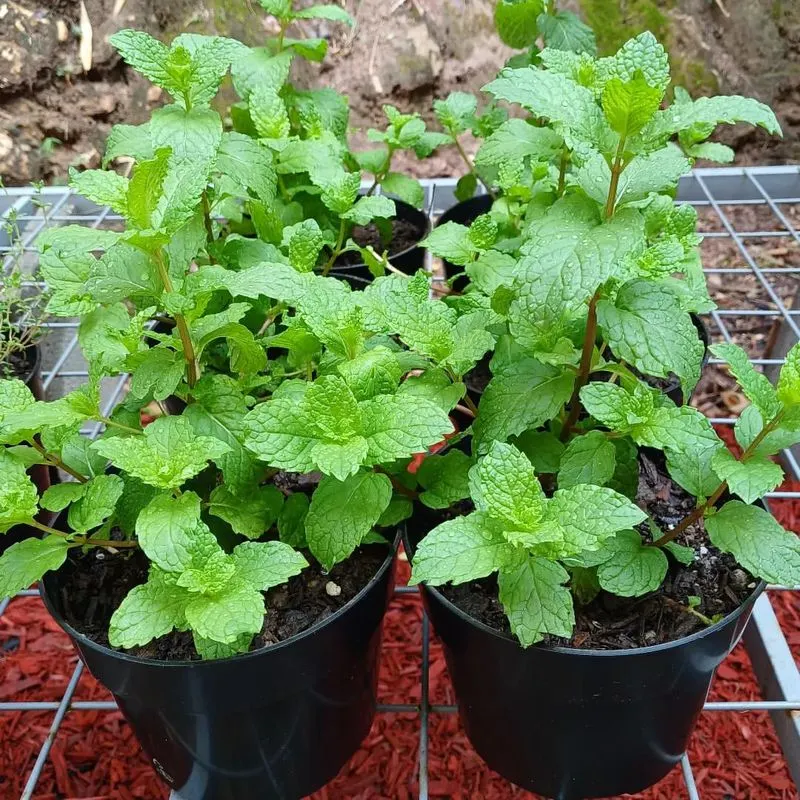
Peppermint is an invigorating herb that grows easily in pots, providing both culinary and medicinal benefits. Its refreshing aroma is known to reduce headaches and improve focus.
Peppermint tea, brewed from the leaves, can soothe digestive issues and freshen the breath. Place your peppermint plant in a pot where it can get partial sunlight, and watch it thrive with minimal care.
Apart from culinary use, peppermint oil is excellent for relieving muscle pain and tension. This multi-purpose plant is a delightful addition to your home garden.
Chamomile
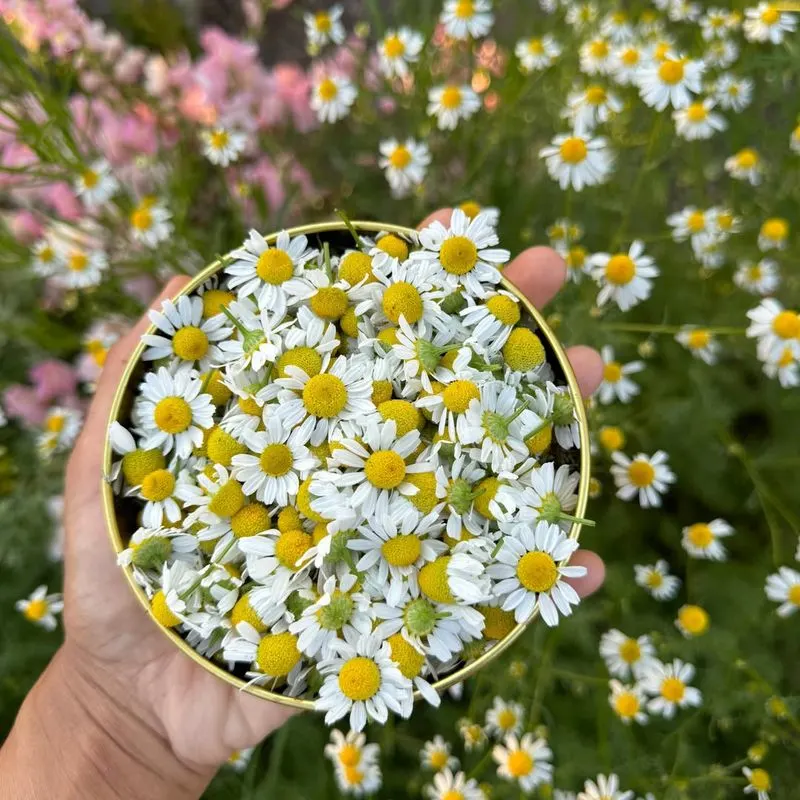
Chamomile is celebrated for its calming properties, often used to make teas that ease anxiety and aid sleep. The delicate white flowers with yellow centers are not only beautiful but also powerful remedies for stress and insomnia.
Chamomile prefers sunny spots and can be grown in pots or garden beds. Harvest the flowers to brew a soothing tea, or use them in homemade skincare products to calm irritated skin.
Its gentle nature and pleasant aroma make chamomile a cherished plant for promoting relaxation and peace in your home.
Echinacea
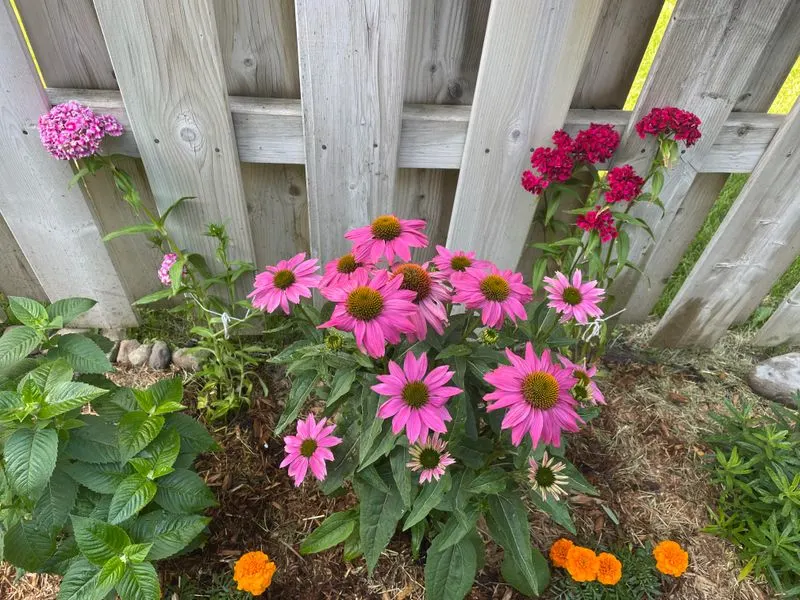
Echinacea, commonly known as coneflower, is famed for its immune-boosting properties. Its striking pink and purple blooms are more than ornamental; they can be used to make teas and tinctures that fight off colds and flu.
Echinacea grows well in sunny gardens and can also thrive in pots on balconies. Regularly harvesting the flowers encourages more blooms and strengthens the plant.
Whether used in herbal remedies or displayed for their beauty, echinacea brings both health benefits and vibrant color to your home environment.
Lemon Balm
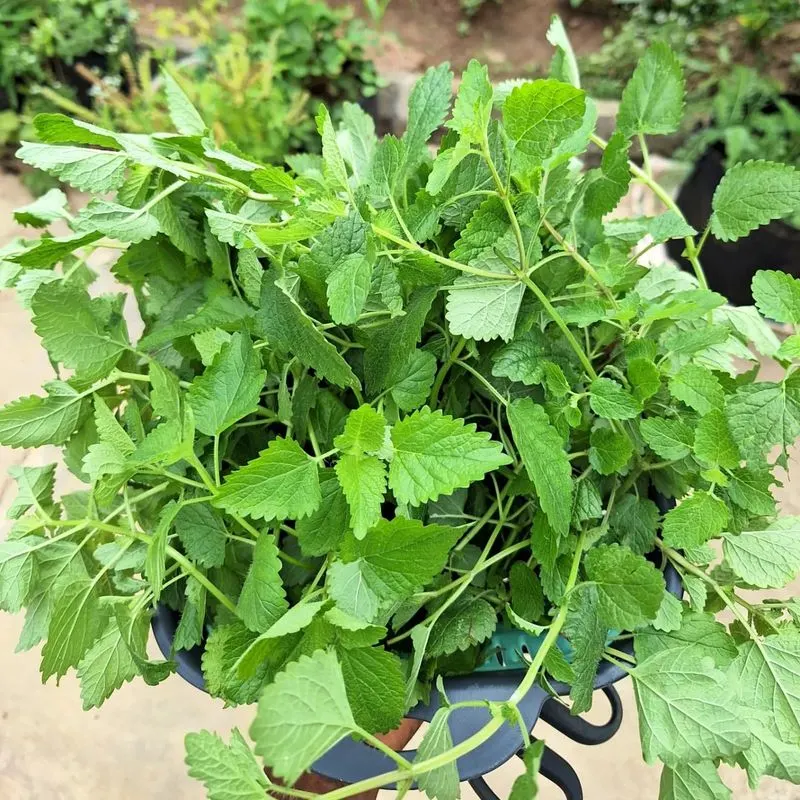
Lemon Balm is a fragrant herb with a citrusy scent, celebrated for its mood-lifting and calming effects. It’s often used in teas and tinctures to alleviate stress and anxiety.
Lemon Balm thrives in both sunny and partially shaded areas, making it versatile for different garden settings. Its leaves can be harvested regularly to make soothing herbal teas or to enhance salads and desserts.
This delightful plant not only supports emotional well-being but also attracts bees, promoting a healthy ecosystem in your garden.
Calendula
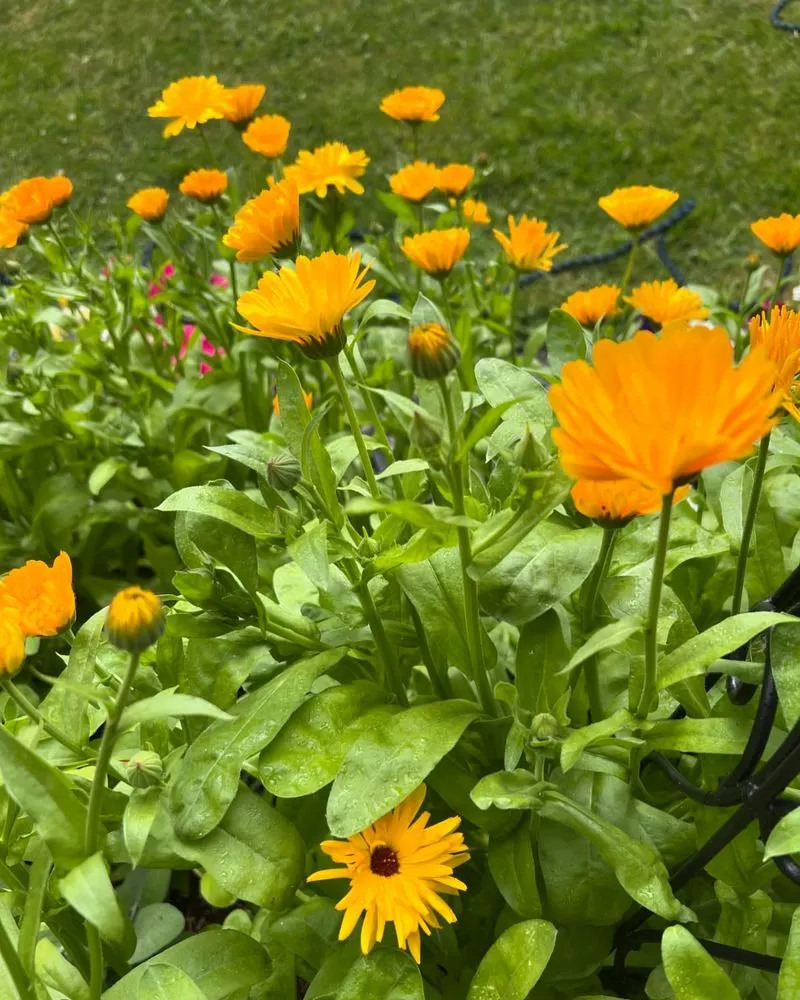
Calendula, also known as marigold, is a vibrant flower renowned for its healing properties. Its bright orange petals can be used to make salves and ointments that soothe skin irritations and promote healing.
Calendula grows well in sunny locations and can be a cheerful addition to any garden. Beyond its skincare benefits, calendula tea is known for its anti-inflammatory properties.
Its striking appearance and practical uses make calendula a valuable plant to grow at home, offering beauty and health benefits in one package.

